At Upper Wharfedale School we aim to promote positive mental health for every member of our student body and staff. In addition and linked to the whole school aims of creating active, responsible citizens who are prepared for their future, we aim to support students to be able to manage change.
We pursue these aims using both universal, whole school approaches and specialised targeted approaches aimed at vulnerable students.
The importance of social, emotional and mental health (SEMH) is recognised within the School Development Plan with the aim of creating a successful SEMH strategy to ensure that students receive the mental health support they need quickly and efficiently.
The school intends to test its developing provision and current systems for SEMH through the application for The Carnegie Centre of Excellence for Mental Health in Schools. It is a whole school award, which focusses on ensuring effective practice and provision is in place that promotes the emotional wellbeing and mental health of both staff and students. The award has focus on changing the long-term culture of a school, and embedding an ethos where mental health is regarded as the responsibility of all.
- With this award we will demonstrate that we are committed to:
- Promoting mental health as part of school life
- Improving the emotional wellbeing of our staff and students
- Ensuring mental health problems are identified early and appropriate support provided
- Offering provision and interventions that matches the needs of our students and staff
- Engaging the whole-school community in importance of mental health awareness
- Capturing the views of parents, carers, students and staff on mental health issues
In addition to promoting positive mental health, we aim to recognise and respond to mental ill health. In an average classroom three children will be suffering from a diagnosable mental health issue. By developing and implementing practical, relevant and effective mental health policies and procedures, we can promote a safe and stable environment for students affected both directly and indirectly by mental ill health.
UWS Featured News Articles
Mental Health Team
Our Mental Health Team is lead by Mrs H Mukherjee.
Our SEMH Governors is Mrs D Chambers.

Mrs H Mukherjee
Assistant Headteacher: SENCO
Subjects: Health & Social Care and Geography
I started working at Upper Wharfedale in September 1998 and I am very proud that this is my place of work. The school knows and values every individual, creating a safe and secure environment which ensures strong progress for all.
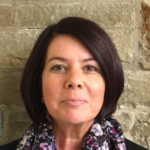
Mrs J Laidler-Smith
SEN Inclusion Coordinator
Since joining UWS in 2013 my main aim has always been to make a difference by promoting an inclusive environment for all of our students. Our work in the Learning Support Department is pivotal in enabling students to be the best individuals they can be now and for their future pathway.
Further Information and Sources of Support
Prevalence of Mental Health and Emotional Wellbeing Issues
- 1 in 10 children and young people aged 5 – 16 suffer from a diagnosable mental health disorder- that is around three children in every class.
- Between 1 in every 12 and 1 in 15 children and young people deliberately self-harm.
- There has been a big increase in the number of young people being admitted to hospital because of self-harm. Over the last ten years this figure has increased by 68%.
- More than half of all adults with mental health problems were diagnosed in childhood. Less than half were treated appropriately at the time.
- Nearly 80,000 children and young people suffer from severe depression.
- The number of young people aged 15-16 with depression nearly doubled between the 1980s and the 2000s.
- Over 8,000 children aged under 10 years old suffer from severe depression.
- 3% or about 290,000 children and young people have an anxiety disorder.
- 72% of children in care have behavioural or emotional problems – these are some of the most vulnerable people in our society.
- Below, we have sign-posted information and guidance about the issues most commonly seen in school-aged children. The links will take you through to the most relevant page of the listed website. Some pages are aimed primarily at parents, carers and guardians but they are listed here because we think they are useful for school staff too.
- Support on all these issues can be accessed via Young Minds , Mind and for e-learning opportunities Minded.
- Additional Sites
Policies

Social Emotional Mental Health Policy
Social Emotional Mental Health Policy

Staff Well-Being and Work-Life Balance Policy
Staff wellbeing and work life balance policy
UWS Bulletins
Services

Compass Reach
Compass REACH the specialist young people’s emotional wellbeing and mental health, drug and alcohol treatment provider for North Yorkshire and works with children and young people aged 9 – 19 (and up to 25 for those with special educational needs or disabilities).
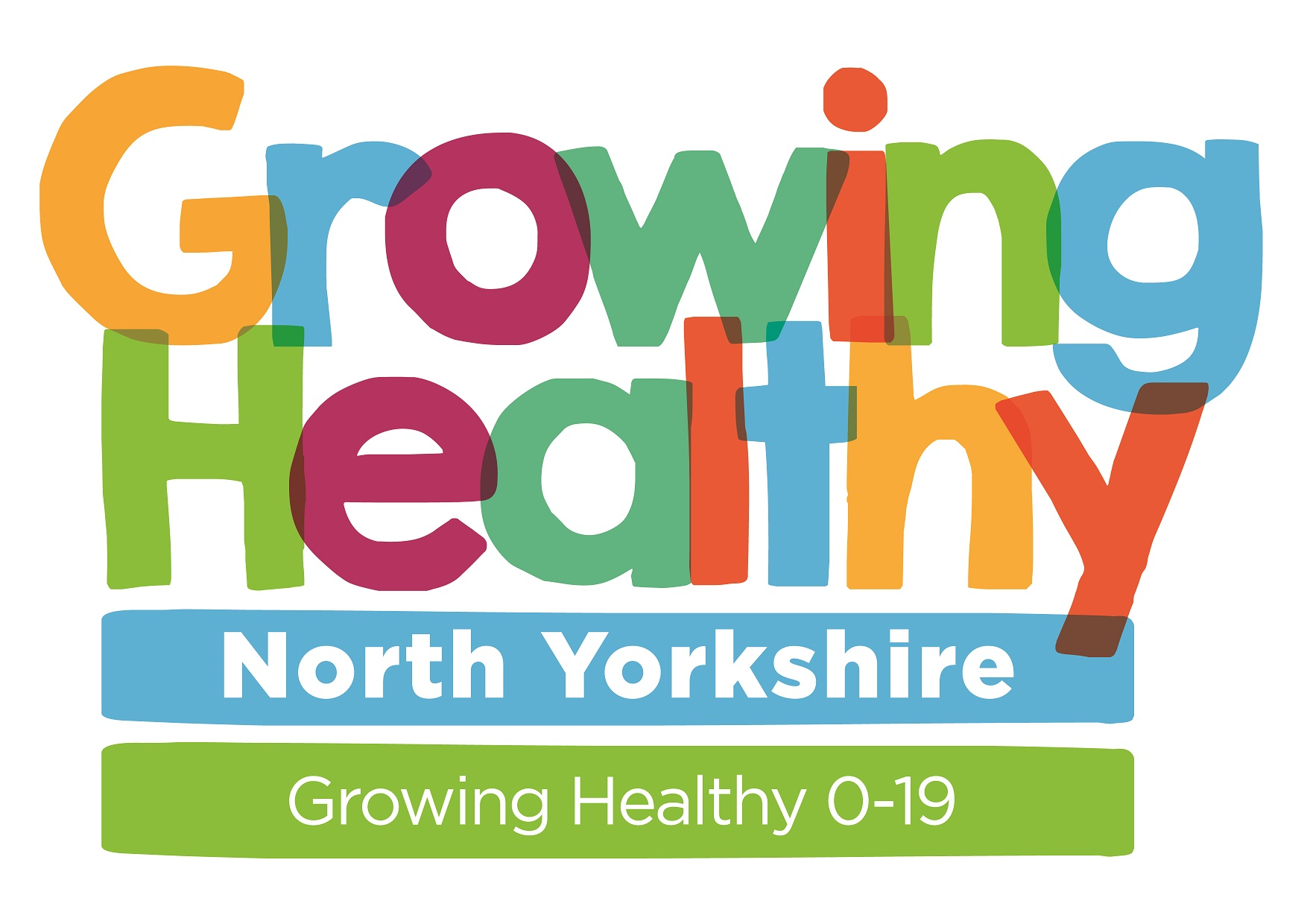
Healthy Child Service
The 5-19 Healthy Child Service is the first point of contact when there are concerns about a child’s health and wellbeing.
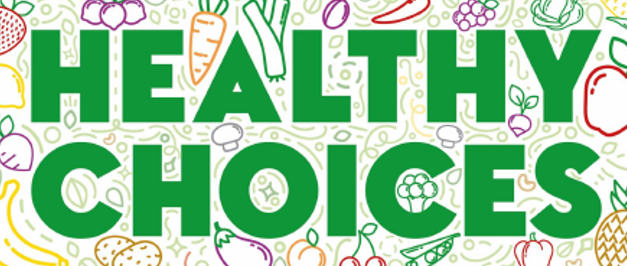
Healthy choices
A free and confidential programme to support children and young people to achieve and maintain a healthy weight.

Compass Buzz
Compass BUZZ is creating a BUZZ about mental health and wellbeing across North Yorkshire
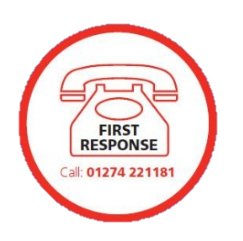
First Response
Our First Response service offers support 24 hours a day, seven days a week to people of all ages living in Bradford, Airedale, Wharfedale or Craven experiencing a mental health crisis.
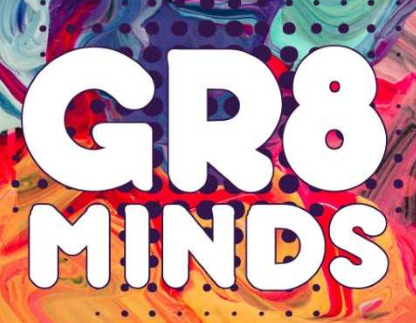
GR8 minds
A new service created by the Wharfedale, Airedale and Craven Alliance offering tools to support young people's mental health and wellbeing
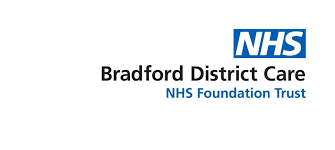
NHS CAMHS
Child and Adolescent Mental Health Services

NHS Mental Health Support Team
Are you worried about your child’s mental health during lockdown? We wanted to let you know that we are still here to help!

Kooth
I just wanted to recommend a free website called Kooth. It is a space where you can talk to counsellors, read magazines for young people by young people, there are a few activities to do, you can ask young people for help to and it is anonymous too. The people who run it always check it too, to make sure no one is being mean. You do not need to put any personal information and are not allowed to either. As I have said before it is free and easy to sign up.
It is for 11 to 18 year old's and I have just started to use it. I have already spoken to someone on there and I already love it. The person who I spoke to was nice and helpful, although there often is a queue for the one to one chat - it is great! (I had to wait for about one hour although it is sometimes longer). All the counsellors are trained professionally and it is all free!
This video shows how the service works.
Guides

Anna Freud
Talking mental health with young people at secondary school. Some Advice for parents and carers.
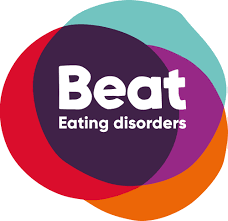
Eating Disorder - First Signs
Know the first signs.

Beat Eating Disorders
This leaflet has guidance for the person who has or may have an eating disorder, anyone supporting them, and their GP. It’s based on the guideline on eating disorders from the National Institute for Health and Care Excellence (NICE), which the GP should use when making decisions about patients’ healthcare.
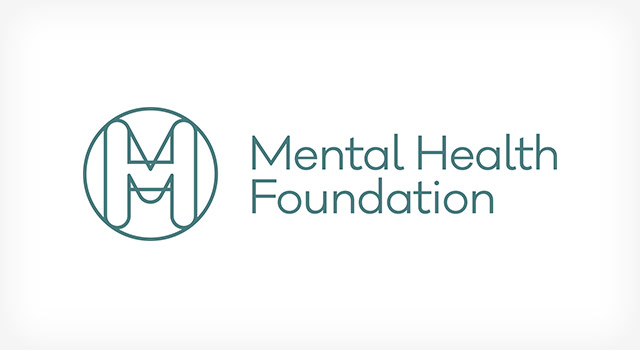
The truth about Self Harm
This booklet aims to help you understand more about self-harm and what to do if you are worried about yourself or someone else. It explains what self-harm is, what to do if you or someone you know is self-harming, and how to get help.

#SelfcareSummer
The last few months of lockdown have been tough for most of us. We haven’t been able to see our friends, go about our lives in the way we would like to and have fun.

